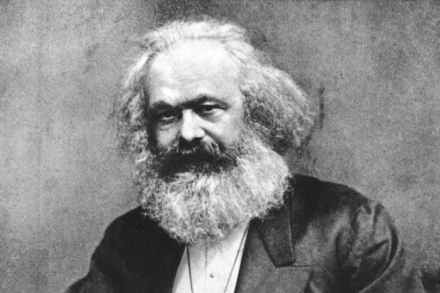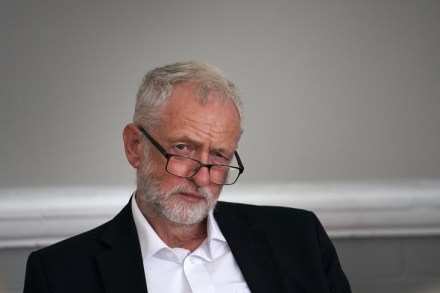No, David Miliband isn’t the Messiah
Rachel Sylvester of the Times is a brilliant journalist. I am proud to have given her her first Lobby job. But I cannot help smiling at her columns as she searches desperately for signs that a party which she thinks virtuous — centre-left, pro-European, with ‘open’ values — could rise from the dead (this, literally, is her metaphor in Easter week). Rachel’s current candidate for Messiah is David Miliband, who lives in New York. She quotes ‘one friend’ of his as saying, ‘David is still attracted to Britain.’ That is big-hearted of him, but the bigger question is, ‘Is Britain still attracted to David?’ One must recognise how deeply Blairism lies in




















